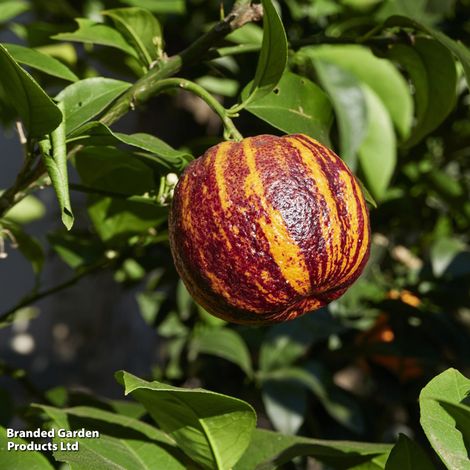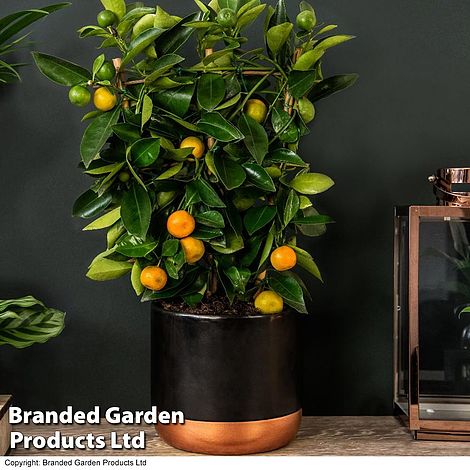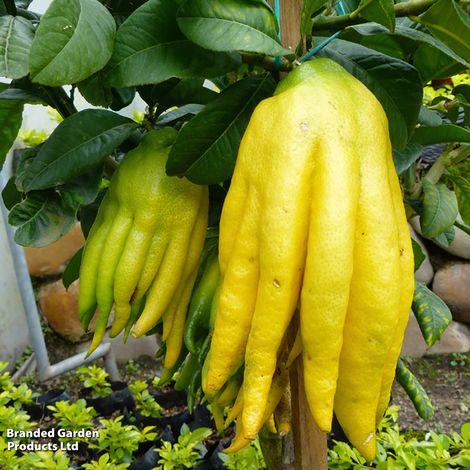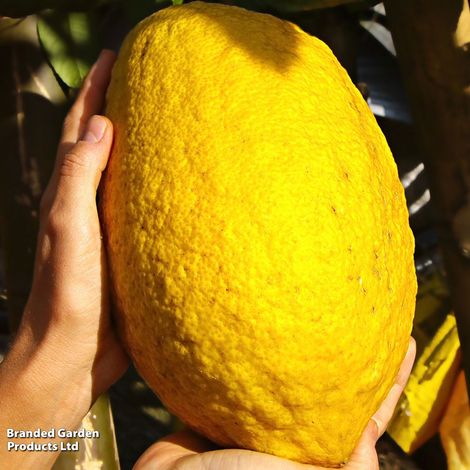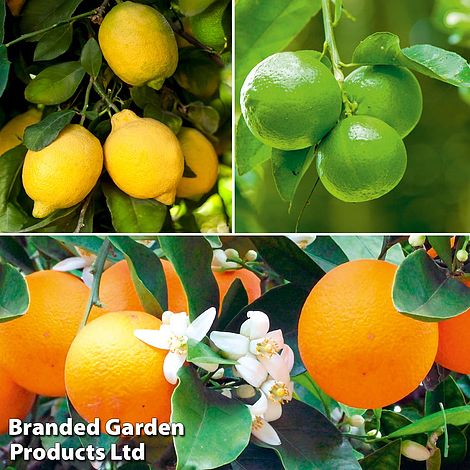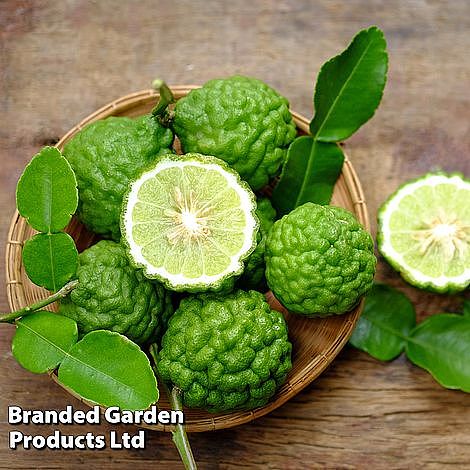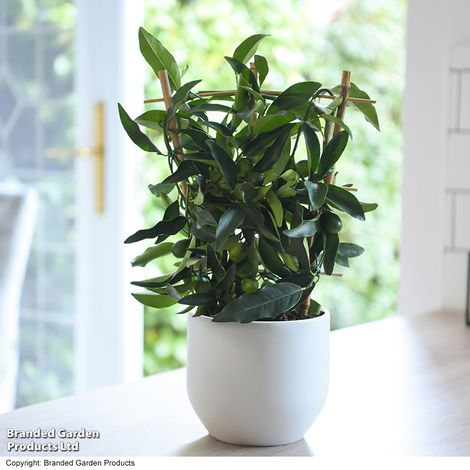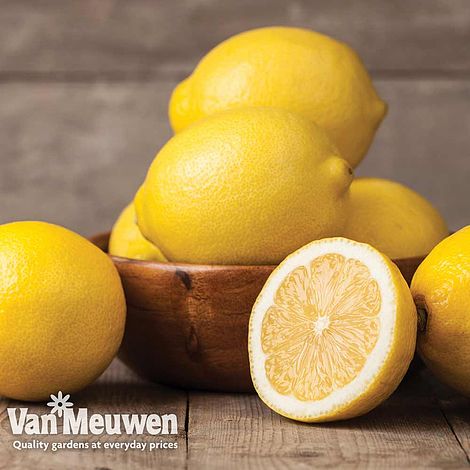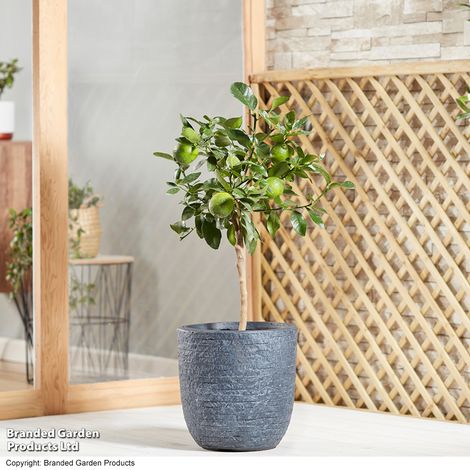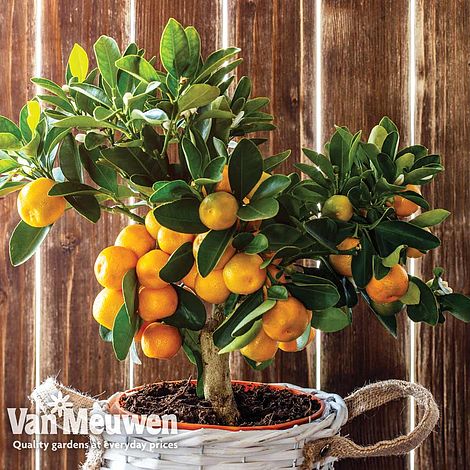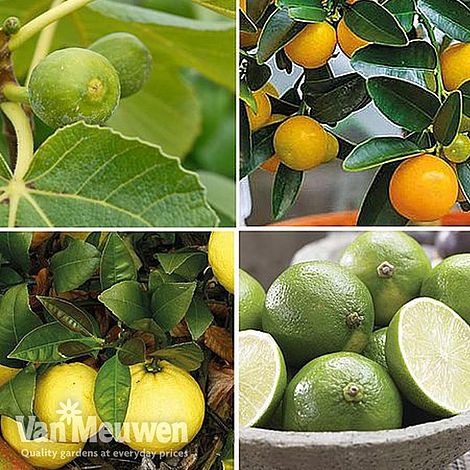
- Flowers
Flower Bulbs Allium Bulbs Anemones Begonia Tubers Crocus Bulbs Daffodil Bulbs Dahlia Tubers Hyacinth Bulbs Lily Bulbs Tulip Bulbs Woodland Flower Bulbs Other Flower BulbsFlower Plants Annual Bedding Plants Children's Flower Plants Clematis Climbing Plants Cottage Garden Plants Exotic Plants Flowers For Cutting Plants Foliage Plants Greenhouse & Indoor Plants Ground Cover Plants Hanging Basket Plants Lavender PlantsHardy Geraniums Herbaceous Border Plants Heuchera Pansies and Violas Patio Plants Water Plants Window Box Plants Winter Bedding Plants Hydrangea Large impact plants Recommended By Our Experts
- Fruit & Vegetables
- Trees, Shrubs & Ornamentals
- House Plants
- Tool Shed
Garden Tools & Equipment Barrows and Trolleys Garden Solutions Harvesting Plant Supports Seed Sowing Tree Stakes Water Butts Weed Control Hand Tools Secateurs, Snips and Pruners WorkshopGarden Irrigation & Watering Irrigation Kits Water Butts Hoses & Sprays Miscellaneous Fertilisers Plant Pots Hanging Baskets Plant Protection Garden Compost All Compost
- Outdoor Living
Garden Living Barbecues & Firepits Garden Storage Solar Lights & Lighting Fixtures & Ornaments Awnings Sail Shades Garden Clocks Landscaping Lawn Edging PavingPatio Heaters Gas Patio Heaters Electric Patio Heaters Fire Pits, Chimeneas, Fire Baskets Wallmounted/Ceiling Patio Heaters Freestanding/Table Top Patio Heaters Water Features Solar Powered Water Features Mains Powered Water Features Indoor Water Features Outdoor Water FeaturesGarden Furniture Rattan Furniture Parasols Garden Benches Dining Sets Loungers Wooden Furniture Party Tents & Gazebos
- Wild Birds
- Gardening Info
- Special Offers
Join Our Gardening ClubVan Meuwen Gardening Club
Become a Member
Join our Gardening Club to unlock exciting perks and discounts!
JUST £10 for one year's membership
10% OFF EVERY order placed online £20 worth of Van Meuwen Vouchers Exclusive members only deals Join NowPopular 14 others are looking at this right now
Mediterranean Fruit Collection (Citrus Fruit)
Half-hardy Tree
What is Half-Hardy Tree?
FROM £29.99
90% (4 Reviews)Grow your own citrus fruits
Harvest fresh figs from your patio
An attractive and productive collection of fruit trees
Delivery Information View Product DescriptionLoading...Description How to Grow More Info Delivery ReviewsMediterranean Fruit Collection will bring a taste of the Mediterranean to your garden. A mix of citrus trees and fig trees, the citrus trees thrive outdoors in the summer months and in the winter should be moved to a heated greenhouse or conservatory. The green figs are a lot hardier and can be grown and trained against a wall.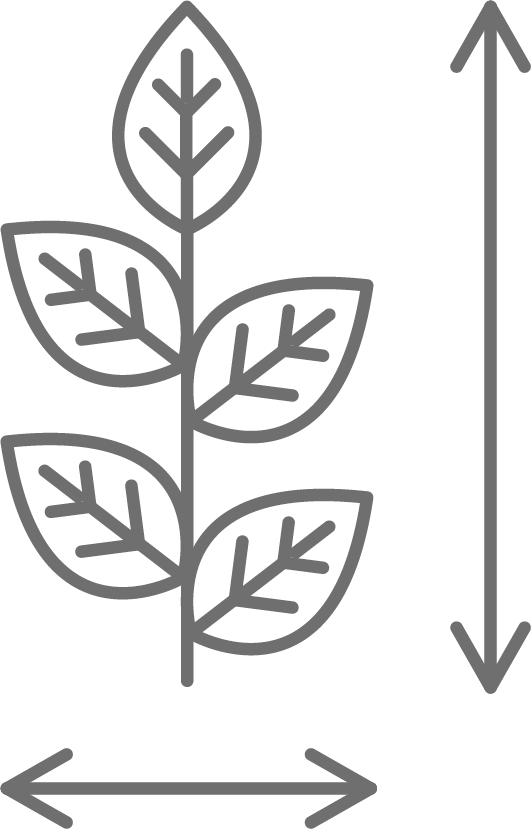 Height Up to 300cm (118in)
Height Up to 300cm (118in)
Spread Up to Height: 3m (9’). Spread: 2.5m (8’). Half-hardy Tree
Half-hardy Tree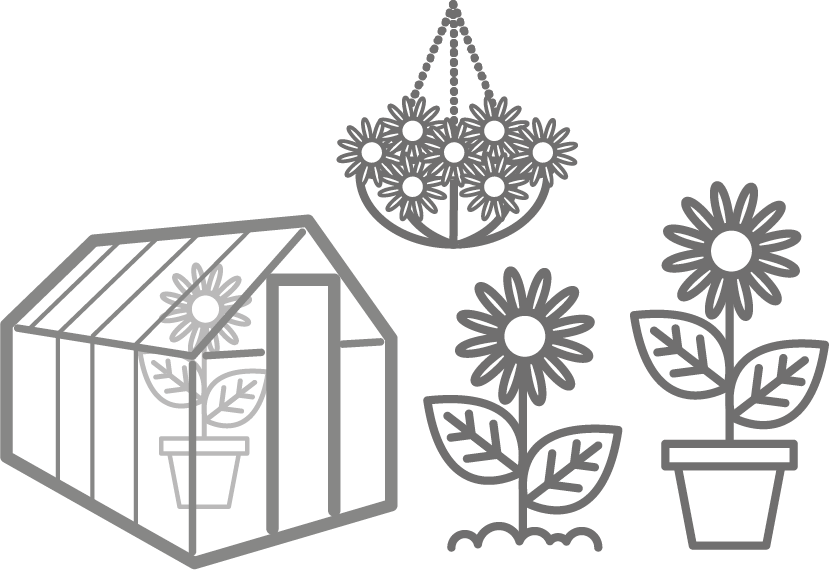 conservatoryexotic gardengreenhousekitchen gardenpatioscented gardensspecimen plant
conservatoryexotic gardengreenhousekitchen gardenpatioscented gardensspecimen plant full sunFlowering MonthsJANFEBMARAPRMAYJUNJULAUGSEPOCTNOVDECJFMAMJJASOND
full sunFlowering MonthsJANFEBMARAPRMAYJUNJULAUGSEPOCTNOVDECJFMAMJJASOND
4 x 9cm Potted Plants (1 of each variety) (KB0580)
8 x 9cm Potted Plants (2 of each variety) (KB0581)
4 x 9cm Potted Plants (1 of each variety) + 4 Sabina planters (KB0582)
Citrus Trees - Plant citrus trees in patio containers in a mix of ericaceous compost and neutral, soil based compost such as John Innes No. 3. Repot the plant at its original soil level and firm well into the new container. Water well and position in a frost free position in full sun.
Fig Trees - Grow fig trees in a sheltered, sunny position. A warm, south facing site against a wall is ideal. Figs prefer a moisture retentive, fertile, well drained soil that is slightly alkaline. Prior to planting fig trees, incorporate plenty of well rotted manure or garden compost into the planting hole. Figs have a vigorous growth habit but can be restricted by constructing a 60cm (2') square, open bottomed brick or concrete pit around the root system. Add a 15cm (6") layer of broken stone to the base of the pit. Alternatively plant figs in large patio containers using a well drained compost such as John Innes No.3. When growing fig trees in containers they should be repotted every two years. If figs are to be wall trained, install support wires prior to planting.
Citrus Trees - Stand citrus trees outside from May to October. Water freely in summer and mist leaves daily to increase humidity and discourage pests. Feed with citrus plant fertiliser every 2 weeks. Move plants indoors from October to a bright, frost free position (4-12°C) away from cold draughts and radiators. Reduce watering in winter but do not let the plant dry out completely. Too much or too little water may cause the fruits to drop.
Fig Trees - Water fig trees regularly, particularly during hot dry periods. Figs will not require much feeding except for a mulch of well rotted manure or compost to the base of the plant in spring. In particularly cold areas container grown plants can be moved to a frost free position in winter to protect the developing fruits and fruit bearing shoot tips from frost. Protect the fruits and stems of figs grown outdoors by wrapping them in a layer of straw and hessian in severe weather.
Figs may be fan trained against a wall or grown as a bush. To bush train: Start pruning fig trees in the first spring after planting. Select 8 to 10 well spaced branches on a clear trunk of at least 60cm (24") and shorten them by half to encourage more branching and to establish a framework. Remove the central stem to just above the highest of the selected branches. Remove any crossing, crowded or damaged shoots from between selected branches to create an open bush.
In following years figs require little pruning except to remove any damaged or misplaced shoots to maintain the open framework. New shoots can be pinch pruned in summer back to 5 or 6 leaves to encourage fruit formation.
When growing figs in the UK climate the fruits will develop in spring and ripen throughout the summer for harvesting in late summer or autumn when soft. A second crop may begin to develop in late summer. Leave these figs intact - any that survive the winter will ripen the following year.
Caution: The foliage and sap of Ficus carica is harmful if eaten and may irritate the skin and eyes.
Seeds and garden supplies will normally be delivered within the time period stated against each product as detailed above. Plants, bulbs, corms, tubers, shrubs, trees, potatoes, etc. are delivered at the appropriate time for planting or potting on. Delivery times will be stated on the product page above, or in your order acknowledgement page and email.
Orders for packets of seed incur a delivery charge of £2.99.
Orders which include any other products will incur a delivery charge of £6.99.
Where an order includes both packets of seeds and other products, a maximum delivery charge of £7.99 will apply - regardless of the number of items ordered.
Large items may incur a higher delivery charge - this will be displayed in your shopping basket.
Please see our Delivery page for further details, and more information on different charges that may apply to certain destinations.
For more information on how we send your plants please visit our Helpful Guide on plant sizes.
WHY NOT TRY THIS INSTEAD
Sign up to the Van Meuwen Gardener's Club for Special Offers
Delivery Information Privacy Policy Cookies Terms of Business Affiliate Programme Planting & Cultural Advice Contact Us© 2025 Van Meuwen. All rights reserved. A division of Branded Garden Products Limited.
- House Plants

